From Atlantis to Lemuria: Scientific facts and strange legends about lost continents
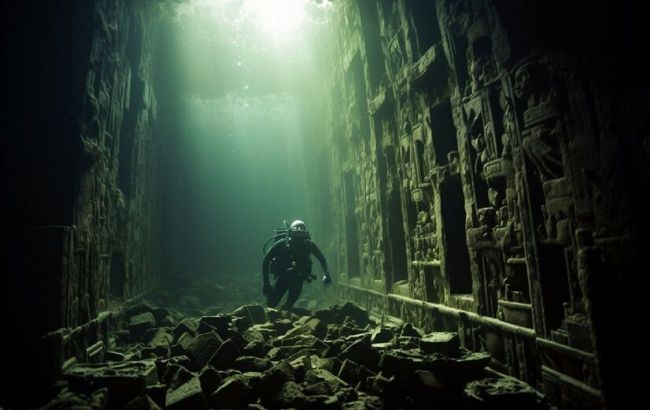 Which continents are now lost under water (photo: Freepik.com)
Which continents are now lost under water (photo: Freepik.com)
Legends of lost continents have always been fascinating and mysterious. They are full of stories about once majestic civilizations that disappeared under the water or were destroyed by cataclysms.
Read about the five most famous lost continents that still cause controversy among researchers, writers, and mystery lovers.
Atlantis
Atlantis is the most famous of the mythical continents, first mentioned by Plato in the dialogues Timaeus and Critias. According to the philosopher, it was a prosperous island located “beyond the Pillars of Hercules” (modern Gibraltar).
Atlantis had a highly developed culture, a powerful army, and extraordinary technologies that surpassed anything that existed at the time. However, its pride and greed led to its demise. According to legend, Atlantis disappeared as a result of a catastrophic earthquake or tsunami overnight.
Modern researchers have put forward many hypotheses about its location: from the Mediterranean to the Caribbean. One of the popular theories is that Atlantis could be a mythological interpretation of the death of the Minoan civilization on the island of Santorini.
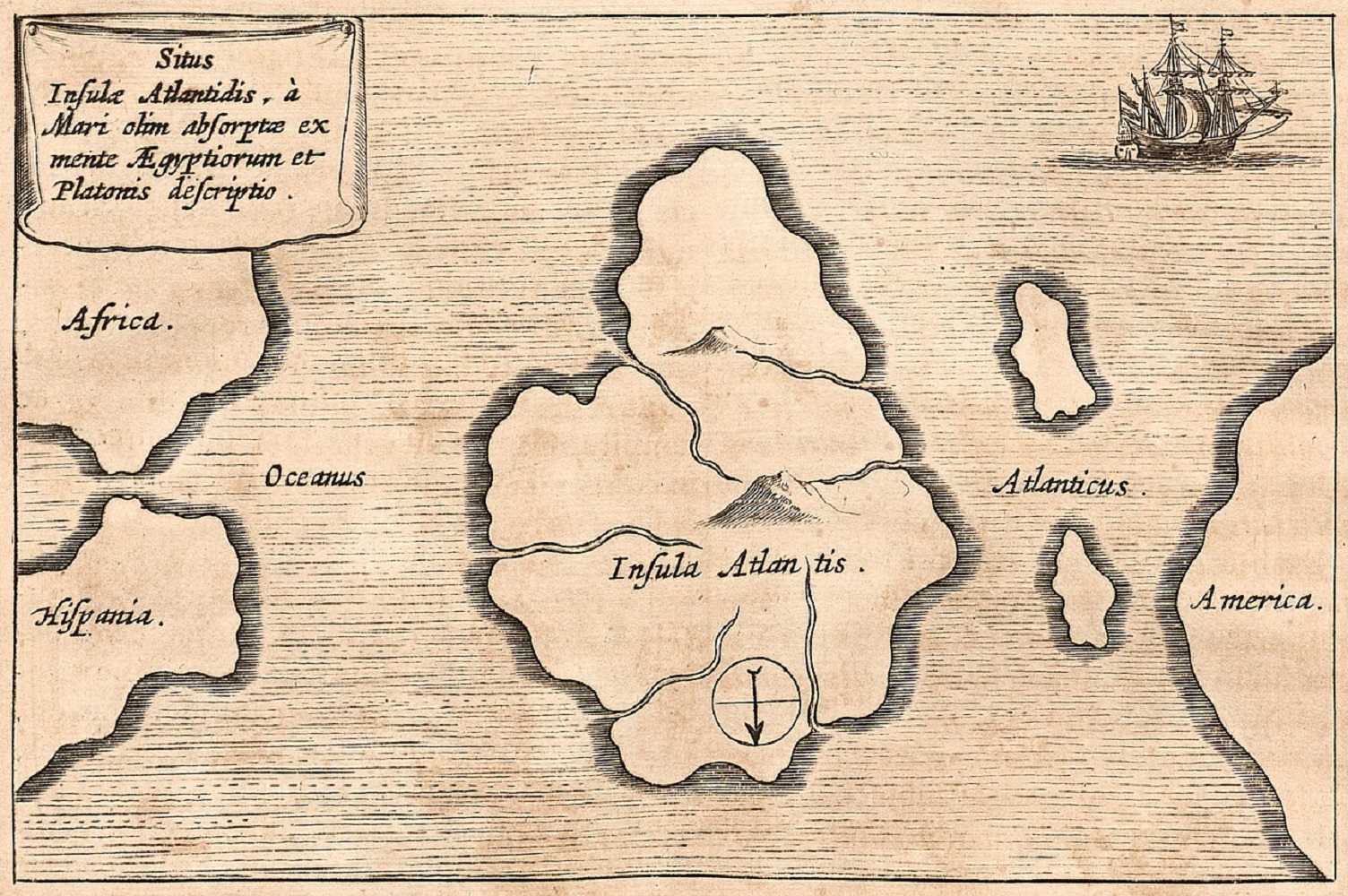 Atlantis was traditionally located between America and Europe (photo: Wikipedia)
Atlantis was traditionally located between America and Europe (photo: Wikipedia)
Lemuria
Lemuria is another mythical continent that, according to legend, existed in the Indian Ocean. The idea of Lemuria originated in the nineteenth century when scientists tried to explain the similarities in flora, fauna, and fossils between India, Madagascar, and Australia.
The name of the continent comes from lemurs, animals that are now found only in Madagascar. Proponents of this hypothesis suggested that Lemuria could have been a bridge between these regions.
Later, Theosophists, including Helena Blavatsky, added mythological elements, describing Lemuria as the birthplace of an ancient, highly developed civilization. They believed that its inhabitants possessed telepathy and mystical knowledge.
 Blavatsky is considered the author of the Lemurian theory (photo: Wikipedia)
Blavatsky is considered the author of the Lemurian theory (photo: Wikipedia)
Mu
Mu is another mythical continent that, according to legend, existed in the Pacific Ocean. This hypothesis gained popularity thanks to James Churchward, an English writer who described Mu as the cradle of human civilization in his books. Churchward argued that there was a powerful culture of Mu that influenced all other civilizations in the world.
According to his stories, Mu was destroyed by tectonic activity and sank to the bottom of the ocean. Churchward relied on “ancient records” that he allegedly found in a monastery in India. Modern science does not support this idea, but the Mu hypothesis has found a place in numerous Polynesian myths and popular culture.
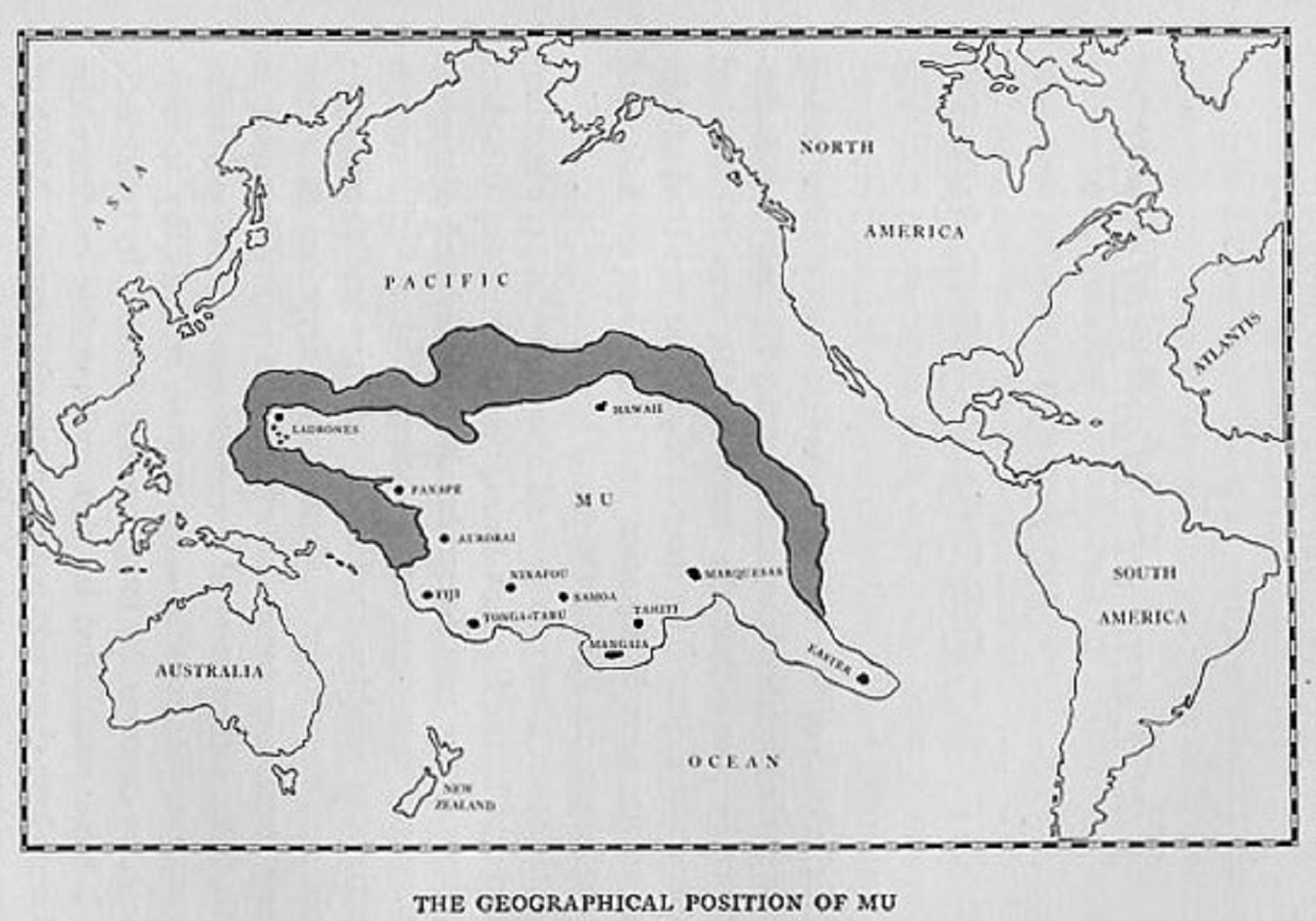 Map of Mu Churchward (photo: Wikipedia)
Map of Mu Churchward (photo: Wikipedia)
Zealand
Zealand is the only one of the lost continents whose existence is confirmed by modern science. Located in the southwest Pacific Ocean, it encompasses New Zealand and its adjacent islands. Most of Zealand is underwater, and its area is about 4.9 million square kilometers.
Scientists believe that Zealand broke away from the Gondwana supercontinent about 85 million years ago. As a result of geological processes, it gradually sank under water, leaving only small areas of land. This discovery proves that our planet may still hide many undiscovered secrets.
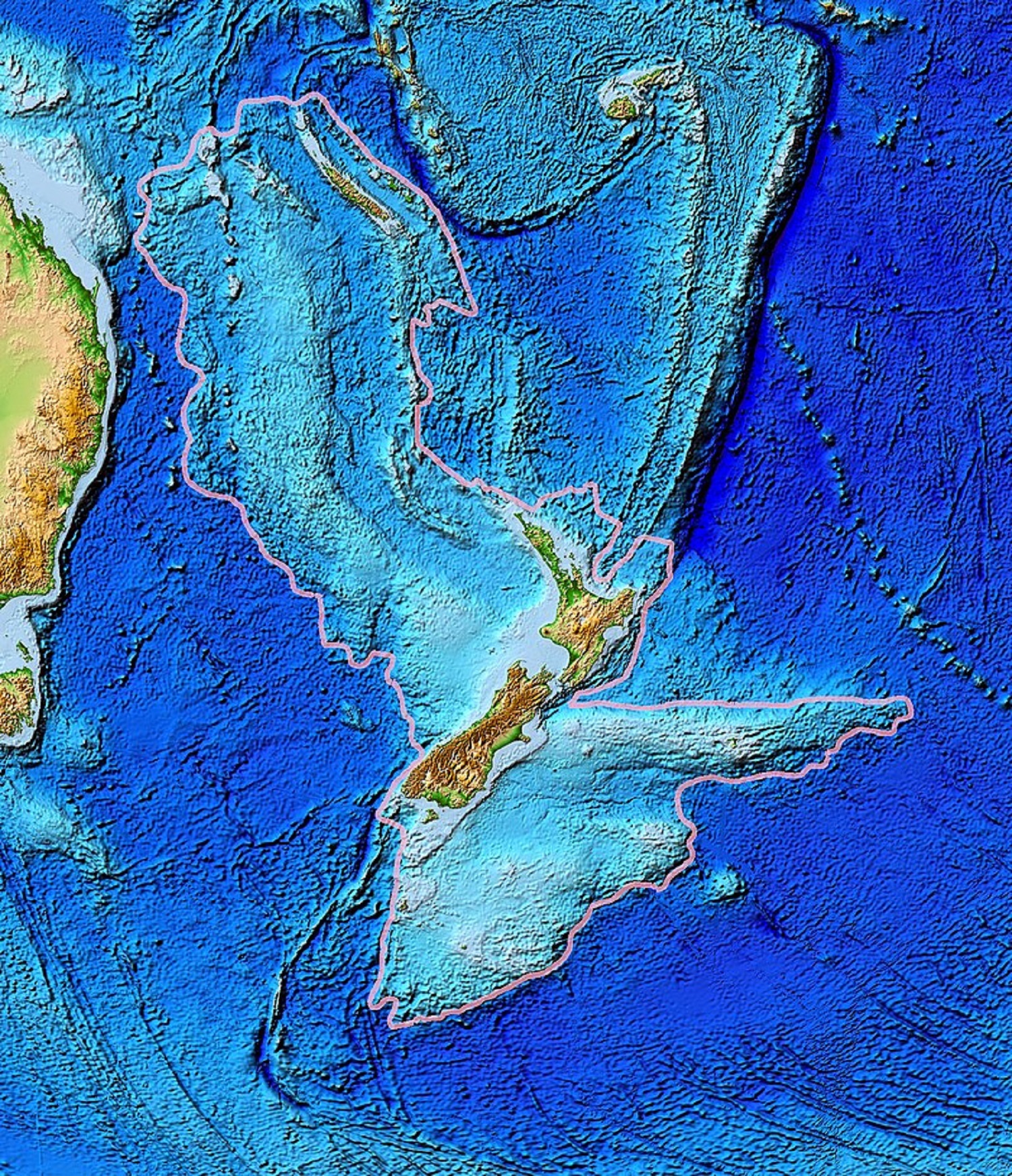 Outline of Zealand on a modern map (photo: Wikipedia)
Outline of Zealand on a modern map (photo: Wikipedia)
Hyperborea
Hyperborea is a mythical continent described by ancient Greek authors, including Herodotus and Pliny the Elder. According to legend, it was located far to the north, beyond the Arctic Circle, and was home to a people who lived in harmony with nature. The Hyperboreans were considered long-lived, never sick, and never suffering.
The land was described as a place of eternal summer and fertility, where the sun never set. Some researchers associate Hyperborea with the Arctic territories, while others consider it a purely mythological fiction. Today, this mysterious continent is a source of inspiration for mythologists, writers, and seekers of lost history.
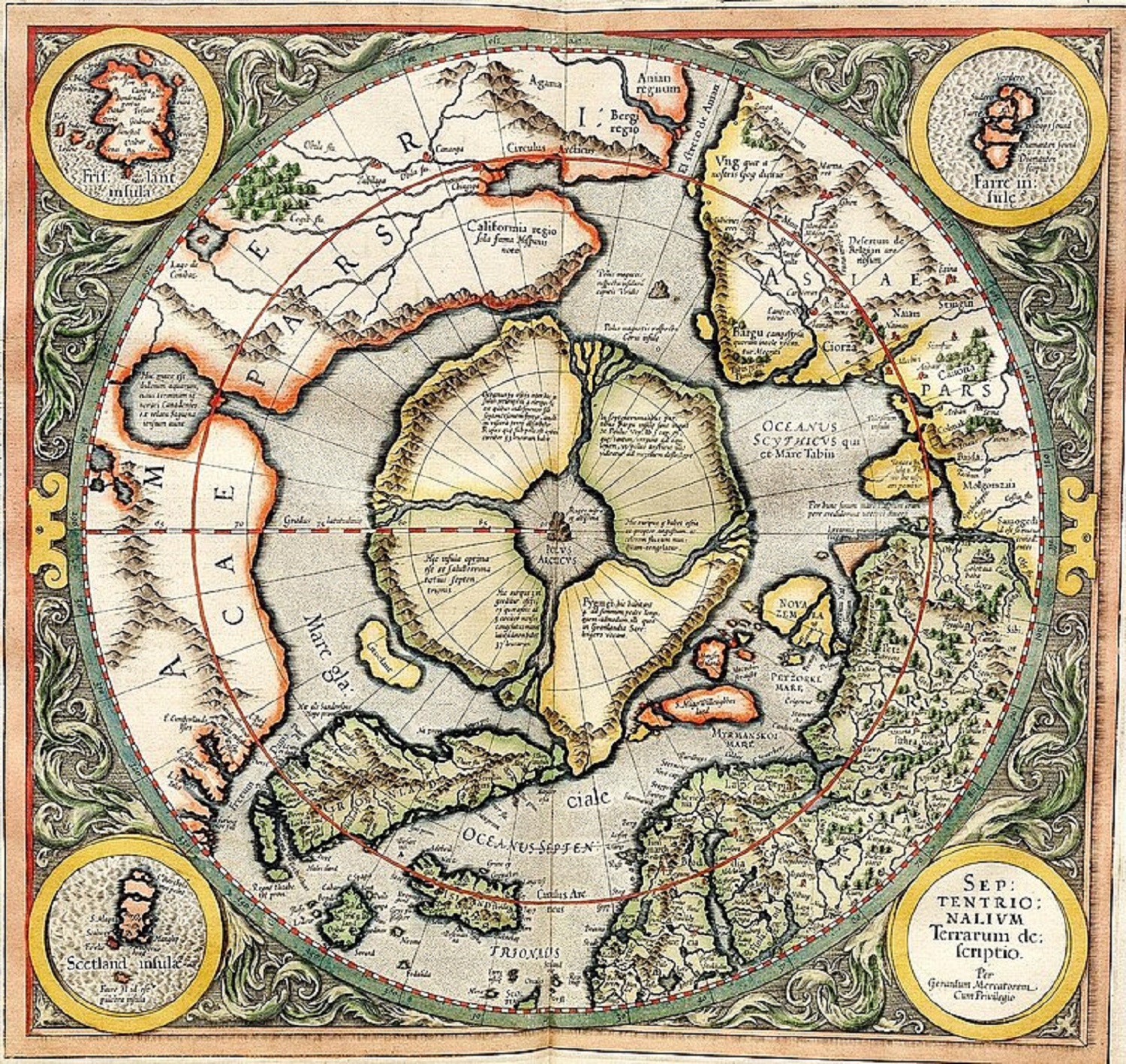 Map of Hyperborea at the North Pole (photo: Wikipedia)
Map of Hyperborea at the North Pole (photo: Wikipedia)
Sources: Listverse, History, Wikipedia.

